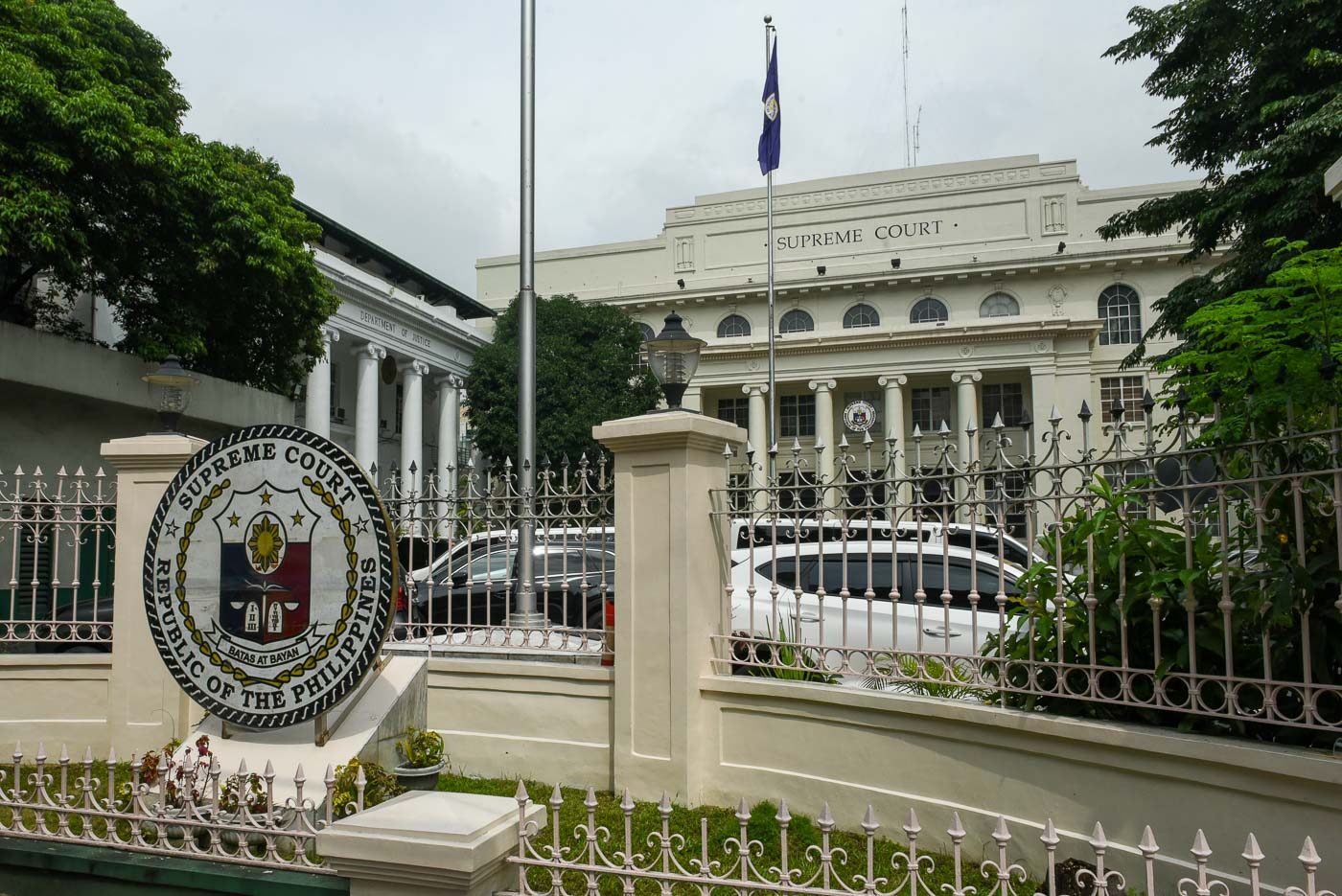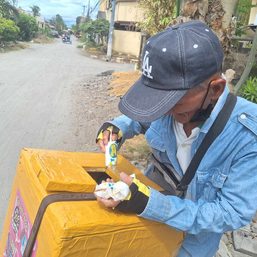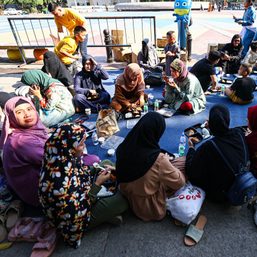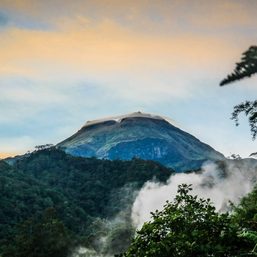SUMMARY
This is AI generated summarization, which may have errors. For context, always refer to the full article.

GENERAL SANTOS, Philippines – The Supreme Court (SC) Second Division suspended a regional trial court (RTC) judge in General Santos City for ordering the Securities and Exchange Commission (SEC) to stop implementing a cease and desist (CDO) order against Kapa Community Ministry International Inc.
An 11-page decision penned by Associate Justice Antonio Kho Jr., which adopted the findings of the Office of the Court Administrator (OCA), found Presiding Judge Oscar Noel Jr. of RTC Branch 35 guilty of gross ignorance of the law and suspended him for two years without pay.
The Office of the Court Administrator, in a report dated August 11, 2020, found Noel guilty of the charge against him and recommended his suspension from the service for four months.
The OCA’s recommendation of four-month suspension was modified to two years, instead. This was because this was the third time the judge had been found administratively liable for gross ignorance of the law.
“This notwithstanding, the court opts, at least for this instance, to stay its hand in imposing the supreme penalty of dismissal from the service on respondent,” the court decision read.
“In light of the foregoing, the Court finds it appropriate to impose on the respondent the penalty of suspension from office without salary and other benefits for a period of two years, again with a stern warning that a repetition of the same or similar acts shall be dealt with more severely.”
The SC added: “This goes without saying that should the respondent be found administratively liable for the same offense in the future, then the Court might no longer temper the penalties that may be meted on him.”
What happened before
Kapa, which has lured millions of investors throughout the country, has generated earnings amounting P50 billion. Its founder Joel Apolinario, who introduced himself as a pastor, was arrested on July 21, 2020, in Lingig, Surigao del Sur.
Apolinario was nabbed after a year of evading arrest over large scale estafa through a ponzi scheme. Apolinario, who remains in jail, ran for the Senate in the 2022 elections but lost.
The case against the judge stemmed from his issuance of a temporary restraining order (TRO) and eventually a writ of preliminary injunction (WPI) in favor of Kapa in 2019. SEC said such move by the judge constitutes gross ignorance of the law and filed an administrative complaint before the High Tribunal.
The SEC said it is a co-equal body with the RTC, thus, it cannot interfere with or overturn its ruling, citing Section 179 of Republic Act No. 11232, otherwise known as the “Revised Corporation Code of the Philippines (RCCP).
Section 179 of RA No. 11232 provides that “no court below the Court of Appeals shall have jurisdiction to issue a restraining order, preliminary injunction, or preliminary mandatory injunction in any case, dispute, or controversy that directly or indirectly interferes with the exercise of the powers, duties and responsibilities of the Commission that falls exclusively within its jurisdiction.”
The RTC presiding judge said the charges against him were baseless and that the SEC has itself to blame for failing to defend its position before the court. He said no one from the commission showed up for court proceedings even as the commission was notified of the hearings for the TRO and WPI.
Noel argued that the trial court has jurisdiction over the case since Kapa raised the constitutional issue of free exercise of religion.
But, the High Court said SEC correctly pointed out the judge should have refrained from taking jurisdiction over Kapa’s case based on Section 179 of the RCCP. RCCP took effect on February 23, 2019, before KAPA’s filing of the case on March 1, 2019.
With such, the court said “respondent still issued a 20-day TRO, and later on, a WPI in KAPA’s favor and against the CDO issued by the SEC, a co-equal body.”
The court said Noel violated the doctrine on primary jurisdiction: “courts cannot or will not determine a controversy involving a question which is within the jurisdiction of the administrative tribunal prior to the resolution of that question by the administrative tribunal, where the question demands the exercise of sound administrative discretion requiring the special knowledge, experience, and services of the administrative tribunal to determine technical and intricate matters of fact.”
“Verily, respondent’s ‘lack of familiarity with the rules in interfering with the acts of a co-equal body undermines public confidence in the Judiciary through his demonstrated incompetence.’ Thus, it is only proper that respondents be found administratively liable for gross ignorance of the law,” the court said. – Rappler.com
Add a comment
How does this make you feel?














There are no comments yet. Add your comment to start the conversation.